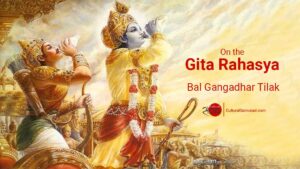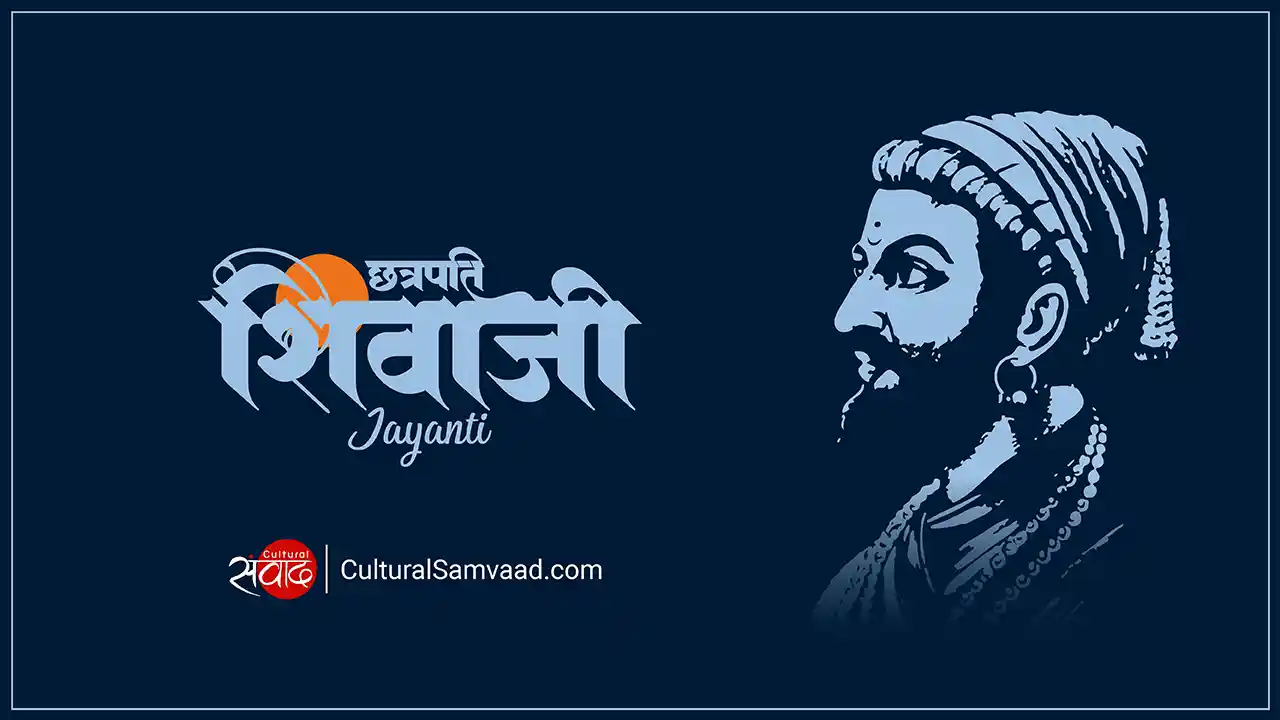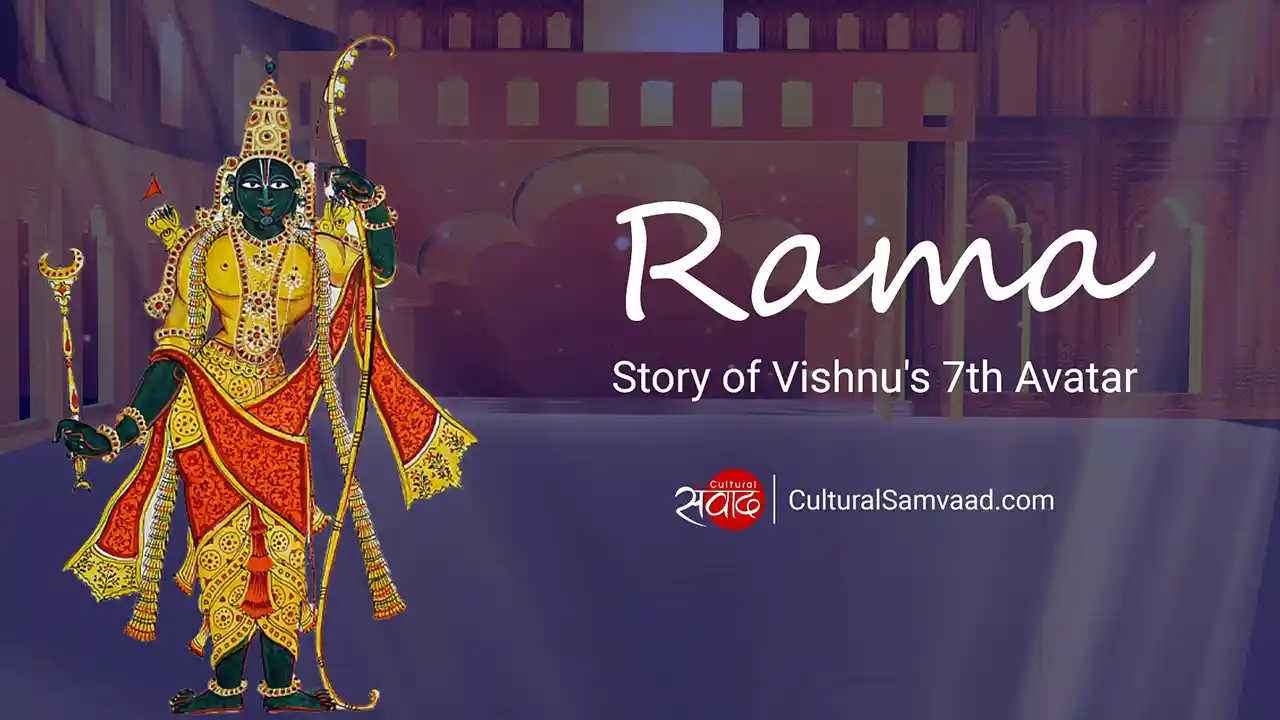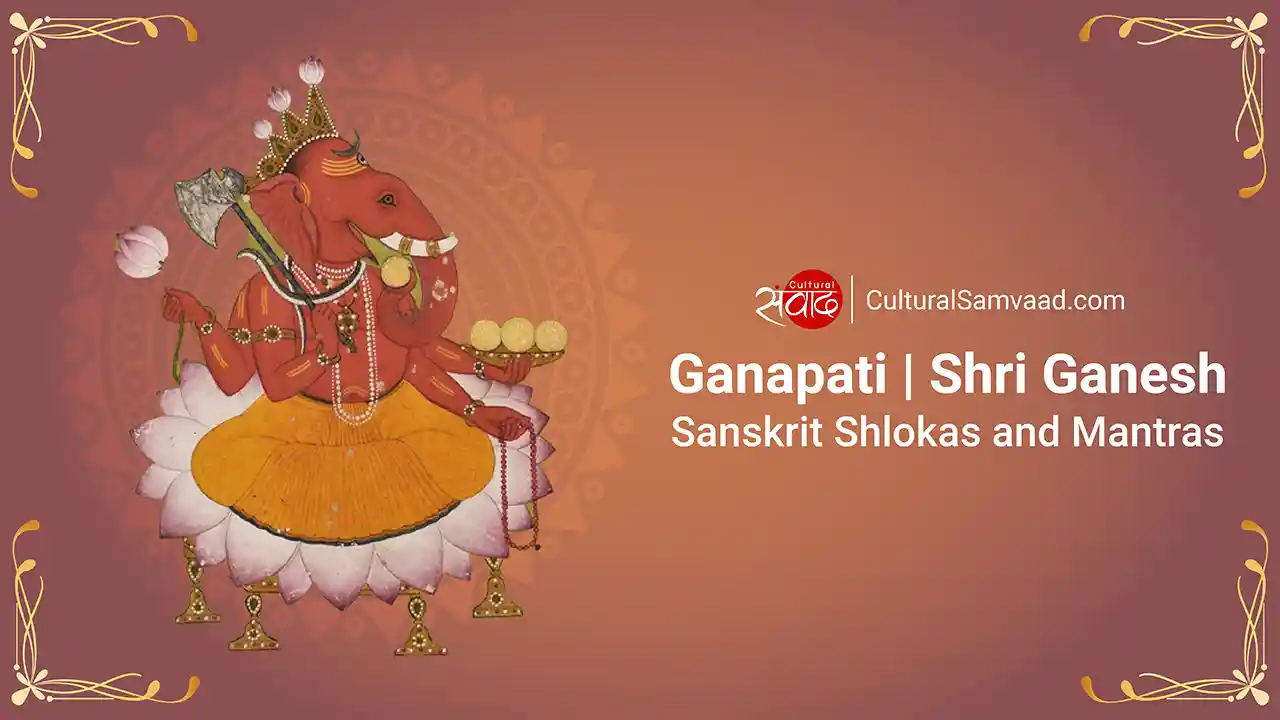 Editor’s Note: The Gita Rahasya written by Lokmanya Bal Gangadhar Tilak is recognised as one of the most prolific commentaries on the Bhagavad Gita. For the uninitiated, Bal Gangadhar Tilak was not only one of the most influential freedom fighters of India whose clarion call, ‘Swaraja is my birth right!’, gave a new direction to the independence movement but also an eminent educationist, thinker and reformer. The following is a summary of a speech delivered by Tilak at Amraoti in 1917. We have made minor edits to the piece without changing the substance to ensure readability.
Editor’s Note: The Gita Rahasya written by Lokmanya Bal Gangadhar Tilak is recognised as one of the most prolific commentaries on the Bhagavad Gita. For the uninitiated, Bal Gangadhar Tilak was not only one of the most influential freedom fighters of India whose clarion call, ‘Swaraja is my birth right!’, gave a new direction to the independence movement but also an eminent educationist, thinker and reformer. The following is a summary of a speech delivered by Tilak at Amraoti in 1917. We have made minor edits to the piece without changing the substance to ensure readability.
This piece by Bal Gangadhar Tilak is also a favourite of team because it exhorts one to read texts from the remote past without a prejudiced mind and keeping in mind the context that they were written in.
Join Cultural Samvaad’s WhatsApp Community
On the Gita Rahasya: Speech by Lokmanya Bal Gangadhar Tilak
Let me begin by telling you what induced me to take up the study of the Bhagavad Gita. When I was quite a boy, I was often told by my elders that strictly religious and a truly philosophical life was incompatible with the humdrum life of every day. If one was ambitious enough to try to attain Moksha, the highest goal a person could attain, then he must divest himself of all earthly desires and renounce this world. One could not serve two masters, the world and God (Brahmana). I understood this to mean that if one would lead a life which was the life worth living, according to the religion in which I was born, then the sooner the world was given up the better. This set me thinking. The question that I formulated for myself to be solved was: Does my religion want me to give up this world and renounce it before I attempt to, or be able to, attain the perfection of manhood?
Read the Most Important Shlokas from the Gita
In my boyhood, I was also told that the Bhagavad Gita was universally acknowledged to be a book containing all the principles and philosophy of the Hindu religion, and I thought if this were so, I should find an answer in this book to my query. Thus, began my study of the Bhagavad Gita. I approached the book with a mind prepossessed by no previous ideas about any philosophy and had no theory of my own for which I sought any support in the Gita. A person whose mind is prepossessed by certain ideas reads the book with a prejudiced mind, for instance, when a Christian reads it he does not want to know what the Gita says but wants to find out if there are any principles in the Gita which he has already met within the Bible, and if so, the conclusion he rushes to is that the Gita was copied from the Bible.
I have dealt with this topic in my book Gita Rahasya and I do not need to say much about it here, but what I want to emphasise is this, that when you want to read and understand a book, especially a great work like the Gita, you must approach it with an unprejudiced and un-prepossessed mind. To do this, I know is one of the most difficult things. Those who profess to do it may have a lurking thought or prejudice in their minds which vitiates the reading of the book to some extent. However, I am describing to you the frame of mind one must get into, if one wants to get at the truth and however difficult it may be, it has to be done.
The next thing one has to do is to take into consideration the time and the circumstances in which the book was written and the purpose for which the book was written. In short, the book must not be read devoid of its context. This is especially true about a book like Bhagavad Gita. Various commentators have put out many interpretations of the book, and surely the writer or composer could not have written or composed the book for so many interpretations. He must have had but one meaning and one purpose running through the book, and that is I have tried to find out.

I believe I have succeeded in it, because having no theory of mine for which I sought any support from a book so universally respected, I had no reason to twist the text to suit my theory. There has not been a commentator of the Gita who did not advocate a pet theory of his own and has not tried to support the same by showing that the Bhagavad Gita lent him support. The conclusion that I have come to is that the Gita advocates the performance of action in this world even after the actor has achieved the highest union with the supreme Deity by Gnana (Knowledge) or Bhakti (Devotion). This action must be performed to keep the world going on the right path of evolution which the Creator has destined for the world to follow.
In order that the action may not bind the actor, it must be done with the aim of helping his purpose, and without any attachment to the result. This I hold is the lesson of the Gita. Yes, there is Gnana Yoga. Yes. There is Bhakti Yoga. Who says that they are not there? But they are both subservient to the Karma Yoga preached in the Gita. If the Gita was preached to a despondent Arjuna to prepare him for the fight, for the action of war, how can it be said that the ultimate lesson of the great book is Bhakti or Gnana alone?
In fact, there is blending of all these Yogas in the Gita and as the air is not oxygen or hydrogen or any other gas alone but a composition of all these in a certain proportion, so in the Gita all these Yogas blended into one. I differ from almost all commentators when I say that the Gita enjoins action even after perfection in Gnana and Bhakti is attained and the Deity is reached through these media. Now there is a fundamental unity underlying the logos (ishvara), man, and world. The world is in existence because the logos has willed it so. It is his will that holds it together. Man strives to gain union with God; and when this union is achieved, the individual will merge in the mighty Universal Will. When this is achieved will the individual say, “I shall do no action, and I shall not help the world”? This is the same world which is because the will with which he has sought union has willed it to be so. It does not stand to reason. It is not I who says so; the Gita says so. Shri Krishna himself says that there is nothing in all the three worlds that he needs to acquire, and still he acts. He acts because if he did not, the world’s will be ruined. If man seeks unity with the Divine, he must necessarily seek unity with the interests of the world also, and work for it. If he does not, then the unity is not perfect, because there is union between two elements out of the three (man and the Divine) and the third (the world) is left out. I have thus solved the question for myself and I hold that serving the world, and thus serving his will, is the surest way of attaining moksha, and this way can be followed by remaining in the world and not going away from it.






Thank you for sharing such wonderful enlightening write up